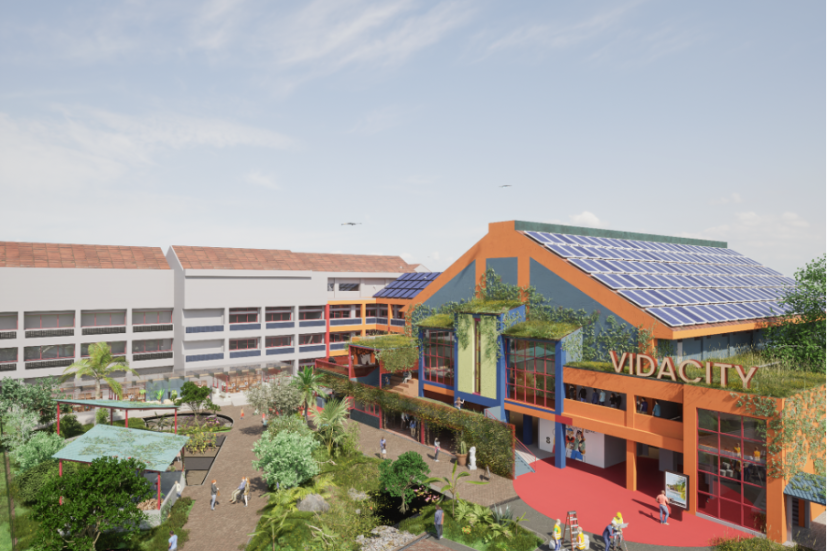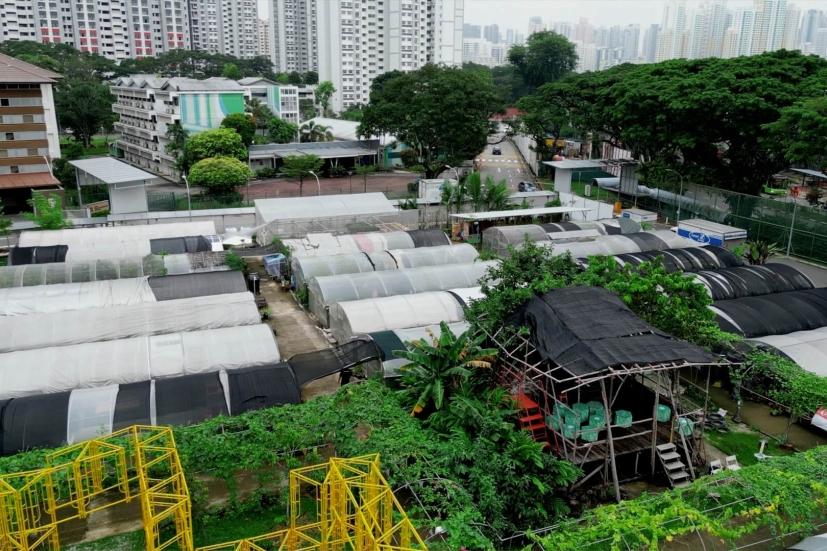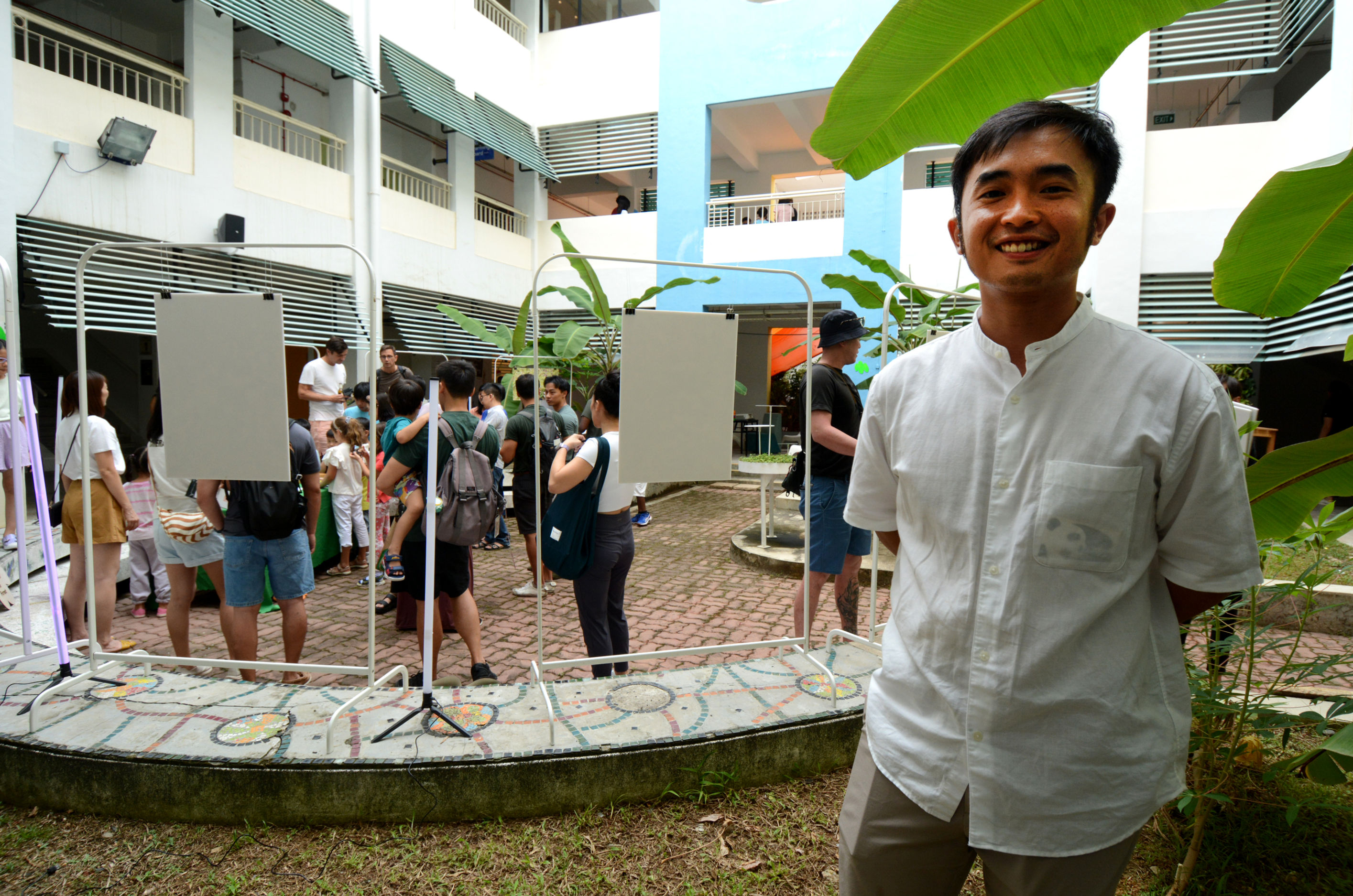Zac Toh: It Takes More Than a Village to Save the Planet
There’s a prevailing sentiment of doom and gloom surrounding climate change. We’ve all heard the projections for rising temperatures — plus the existential problems triggered by them. But I feel that adversity breeds resilience. Around the world, there’s an upwelling of concern for the environment. Individuals are starting their own movements that address issues such as food and water insecurity, mounting waste, surging carbon emissions and dwindling biodiversity. Many of them are based in Western countries, though.
While Singapore has a growing number of sustainability-skewed start-ups, they’re largely still nascent. Aspiring entrepreneurs may harbour brilliant ideas, but lack the business acumen or access to funding. Hence, I started Vidacity, to nurture this group of dreamers with a desire to tackle some of the biggest issues the world is facing today.

Fighting climate change requires a paradigm shift: It’s not just the remit of policy wonks. Individual actions, when multiplied, can have a cumulative effect in saving the planet.
As a sustainability and agri-tech entrepreneurship hub, we aim to bring together start-ups, corporations and the community to drive innovation and confront social and environmental challenges. Being part of a supportive ecosystem can help start-ups solve their teething issues, thereby paving the way for them to scale their solutions and boost their environmental impact. Ultimately, it’s not about starting a company that matters to us, but what problem you’re trying to solve.
I’m encouraged to see that corporations as well as the World Wildlife Fund (WWF) have expressed interest in partnering Vidacity on a deeper level. By connecting the dots across different stakeholders, we can potentially generate much-needed funding for more environmental projects. Just imagine how that could move the needle in our fight against global warming.
As a community hub embedded in the heartlands, we aim to connect with the public through a roster of lively events that reimagine the way we live. At our recent Future Forest Festival, for instance, Malaysia-based agroforestry farm operator A Little Wild demonstrated how practising regenerative agriculture allows it to restore carbon into the soil, thereby reviving damaged ecosystems.
Beyond becoming more environmentally conscious, I hope that learning about such projects can inspire ordinary Singaporeans to spearhead their own initiatives to effect positive change.
Impact from the Ground Up

We are at a tipping point where mankind is feeling a lot of pressure from rapid urbanisation, largely owing to our huge carbon footprint. Cities are key to progress, yet urbanisation also brings negative effects. Here in densely populated Singapore, I’ve witnessed how living in a fast-paced urban environment can impact individuals’ mental health.
In addition, industrial agriculture and global supply chains have fractured our relationship with food, leading to a lack of understanding of how it is produced. This can foster unsustainable consumption patterns. In Singapore, food waste accounted for about 11 per cent of the total waste generated in 2023.
What if we could rediscover our food sources, while in the process, commune with nature?
I started urban farming social enterprise City Sprouts in 2019 with this notion. People need to understand where and how to grow their own food. They need to feel the soil and produce, and see what a chicken looks like — instead of thinking that it comes from the supermarket.
As we urbanise, we risk losing the connection to traditional farming practices. Such practices are often community-based, requiring collaboration and resource-sharing, thus fostering strong social bonds.
I’m happy to share that we’ve achieved the latter at City Sprouts, which is home to a thriving community of recreational gardeners as well as ‘agripreneurs’. Among them is Tomato Town, which has expanded to three rooftop farms in Singapore, as well as a germination facility at Vidacity. Importantly, the farm provides seedlings to the public and teaches them to germinate their own tomato plants, thus helping to propagate our urban farming movement.
Singapore’s aim to produce 30 per cent of its nutritional needs by 2030 doesn’t seem so ambitious, when you envision Singaporeans stepping up to boost our food security.
I believe in the power of public-private-individual partnership. Vidacity exists thanks to the ongoing support from Singapore Land Authority (SLA) and Enterprise Singapore for taking a chance on our initial vision. We are also able to double down on public sustainability initiatives and workshops for our community with the support of the SG Eco Fund.
But beyond such top-down initiatives, it’s the individual actions that matter. Our kopi (coffee) aunty at Vidacity has cultivated a habit of asking customers if they need plastic straws for their drinks, instead of instinctively handing them out. Anecdotes like that reinforce my conviction that if we all play our part, we may have a chance at saving the planet. To mitigate climate change, it is crucial to make sustainability accessible to the man on the street.
After all, it is individuals who wield the power to influence norms and shape the path forward.





